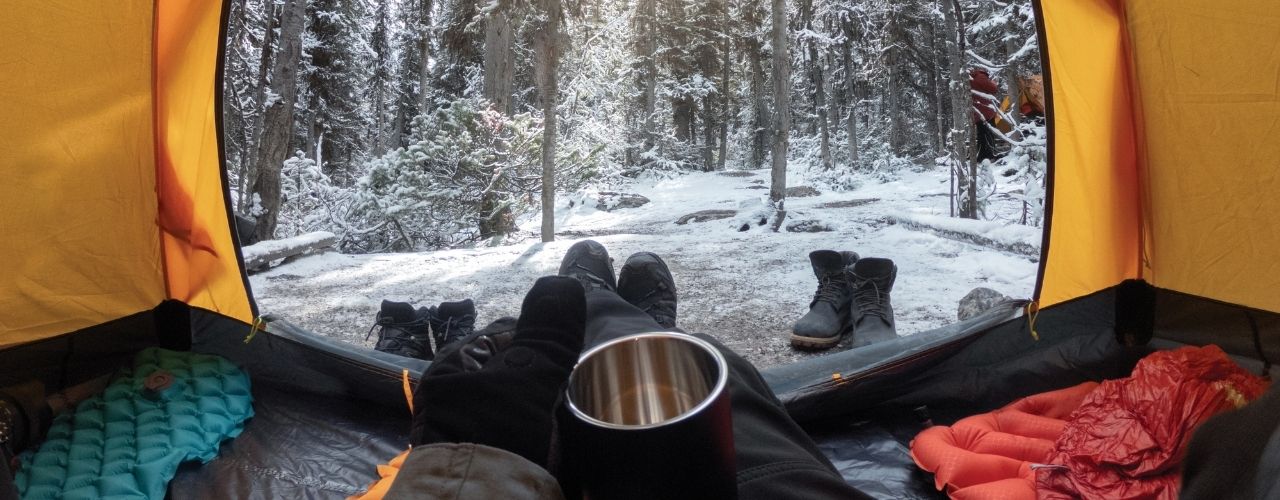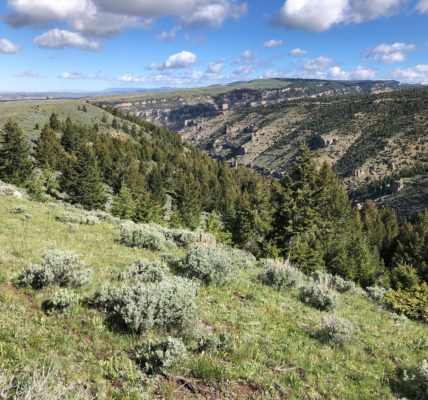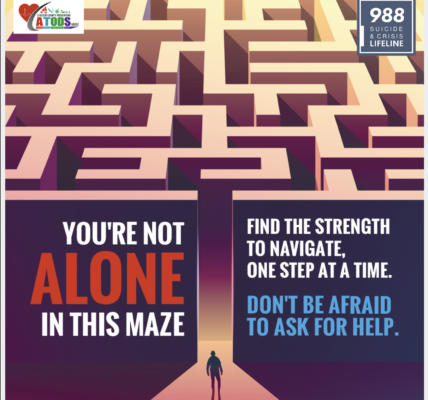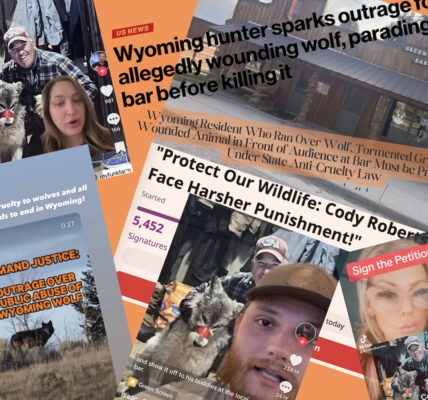Just because temperatures are starting to dip doesn’t mean you need to place your tent in storage until next summer. With proper planning, cold-weather camping can be an enjoyable experience for nature lovers who aren’t ready to hibernate inside their homes all winter. That being said, camping in chilly weather poses several challenges that can put your survival skills to the test—namely, staying warm. To have a safe and enjoyable fall or winter camping experience, take a look at these helpful tips for camping in the cold.
Layer on the Layers
One of the most effective ways to stay warm when camping in the cold is to wear multiple layers. Don’t underestimate the ability of a thin thermal long sleeve to greatly increase your body heat. Ideally, campers who are interested in braving the cold should pack three layers: a base, middle, and outer layer.
Your base layer should be made of a comfortable breathable material that will trap heat while also preventing moisture buildup that may inevitably freeze. The middle layer should be slightly heavier such as a fleece to provide extra warmth and the outer layer should be the heaviest such as a parka to protect you from extreme temperatures.
Choose Your Sleeping Pad Wisely
Another helpful tip for camping in the cold is to choose your sleeping pad wisely. During the summer, you might be able to get away with sleeping right on the ground. However, in the winter, forgoing a sleeping pad may cause you to wake up with a nasty case of hypothermia.
While many people prioritize buying the warmest sleeping bag, it is the sleeping pad that you use that will make the biggest impact on how toasty you are throughout the night. Ultimately, the body loses more heat through contact with cold ground that it will with the chilly air inside your tent. As such, it is essential to bring a sleeping pad that has a high R-value (level of insulation) and is designed specifically for cold weather camping.
Bring More Food and Water Than Usual
Your body burns more calories when it is cold than when it is nice and warm. As such, you may need to pack more food than you usually would on an average summer camping trip.
In addition to packing extra food, you should also bring more water than usual. In extreme weather, the body is at a greater risk for dehydration, which can be extremely dangerous if all the water sources around you are frozen and you can’t rehydrate. To prevent the water you pack from freezing, make sure to bring insulated containers to store it in.





